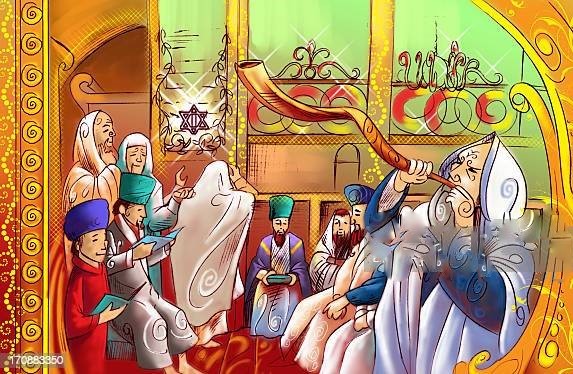HESED: YESHIVAT HAVERIM – BABYLONIAN TALMUD p63

CHAPTER III.
REGULATIONS CONCERNING STOVES, HEARTHS, AND OVENS.
MISHNA I.: Cooked victuals may be put on a stove that was heated with straw or stubble. If the
stove was heated with the pulp of poppy seed (i.e., poppy seed from which the oil was pressed
out) or with wood, (cooked victuals) may not be put upon it, unless the (live) coals were taken
out or covered with ashes. Beth Shamai says: (The latter instance) is permissible only in the case
of victuals that are to be kept warm, but not of such as are improved by continued cooking. Beth
Hillel says: Both alike are permitted. Beth Shamai says: (Victuals) may be taken off the stove,
but not put back upon it; Beth Hillel permits it.
GEMARA: The schoolmen propounded a question: “As for the expression ‘shall not be put,’
does it (referring to a pot that has been taken off the stove) mean ‘one shall not put it back,’ but if
it has not been taken off, it may be left there, even if the live coals were not cleared away or
covered with ashes? Or does it mean that the pot should not be left there (even if it was standing
there before) unless the live coals have been cleared out or damped, so much the more should it
not be put there if it was once taken off?” Come and hear. There being two parts in our Mishna,
if the point of controversy is the leaving (of the victuals on the stove, if they were there before),
the Mishna is to be explained thus: On the stove that was heated with straw or with stubble the
victuals may be left; on a stove that was heated with pressed poppy seed or with wood, the
victuals may be left only if the live coals were taken out or covered with ashes. What kind of
victuals may be left there? According to Beth Shamai such as are to be kept warm, but not such
as improve by cooking. And according to Beth Hillel both. Thus the point of controversy is the
leaving of the victuals (that had been on the stove before). And as the (two schools) differ in this
matter, so do they also differ in their opinions concerning putting them back upon the stove if
they were once taken off. But if you interpret the Mishna to make the returning of the victuals to the stove the point of their differing–viz., what kind of victuals should be returned (to the stove), according to the former such as are to be kept warm, but not such as improve by cooking, and according to the latter, both. (If you put such a construction upon the text of the Mishna,) to what purpose is it repeated? “Beth Shamai says,” etc. It may be said even that they differ concerning putting back, and nevertheless there is no difficulty, as the Mishna is not complete, and should read thus: “If the stove was heated . . . but if they stood there before, they may be left there, even if the live coals are not taken out or covered with ashes.” And what may be left? Beth Shamai says only such as are to be kept warm, and Beth Hillel says
even victuals requiring cooking; but even in the case of returning (the victuals to the stove, if
they have been removed) there is still a difference of opinion between the two schools, for
according to the former they may be only taken off, and according to the latter they may be
returned also.
 HALF REDUCTION OF FLOW IN THE INNER LEFT COURT FOR GREATER DISCLOSURE OF THE UPPER FORCE
HALF REDUCTION OF FLOW IN THE INNER LEFT COURT FOR GREATER DISCLOSURE OF THE UPPER FORCE WEDNESDAY PRAYER: KETER-SHACHARIT שַחֲרִית MORNING PRAYER
WEDNESDAY PRAYER: KETER-SHACHARIT שַחֲרִית MORNING PRAYER WEDNESDAY PRAYER: KETER-TIKKUN CHATZOT תקון חצות-TIKKUN RACHEL & TIKKUN LEAH
WEDNESDAY PRAYER: KETER-TIKKUN CHATZOT תקון חצות-TIKKUN RACHEL & TIKKUN LEAH